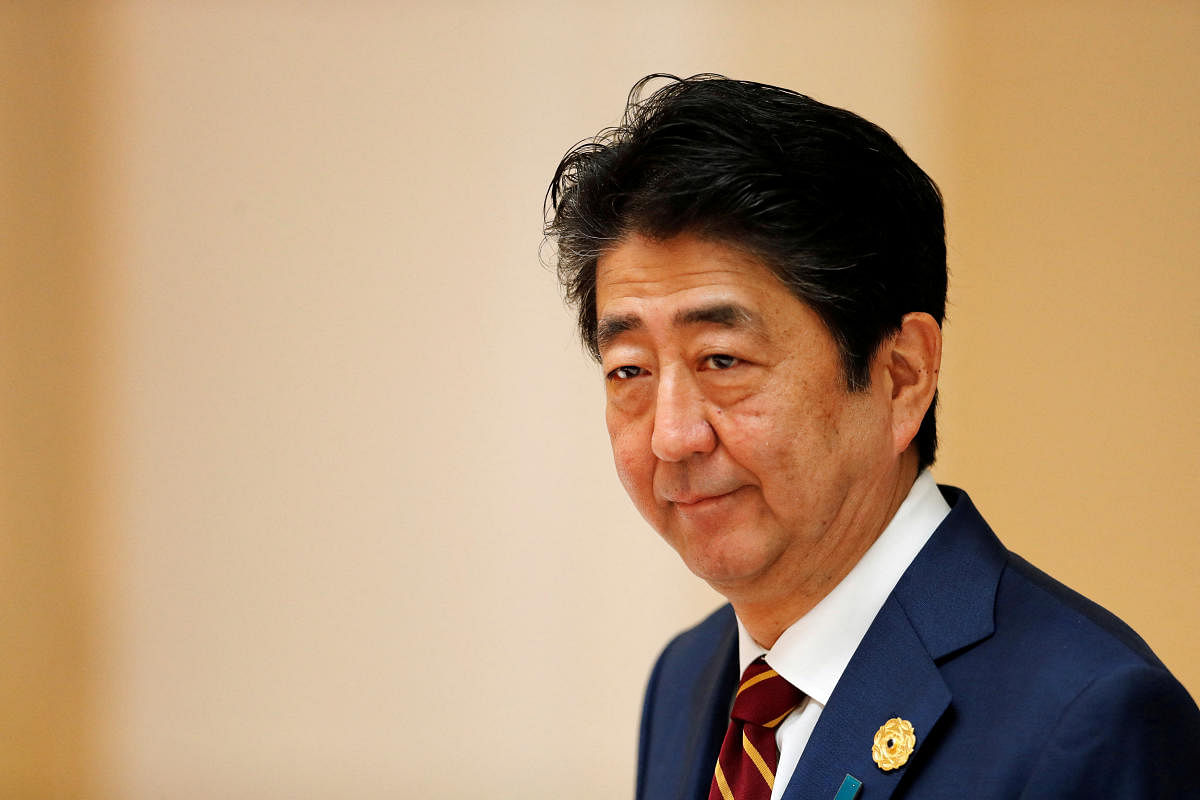
Shinzo Abe’s assassination shocked the Japanese public and elicited a strong outpouring of sympathy from the international community, especially from Japan’s allies and partners. Abe, a third-generation politician, who represented the Liberal Democratic Party (LDP), was feted in India as a friend and a partner. But what he meant as a leader to Japan and to the world is a moot point.
Fumio Kishida, the incumbent Prime Minister, has promised to fulfil Abe’s most important political goal of revising Article 9 of the Japanese constitution. This is a case in point. Abe could not abrogate the Article, but he was successful in overcoming its restrictions in roundabout ways to facilitate armed response and to participate in collective security measures.
The justification that they were meant to augment Japan’s security in the face of a resurgent China has failed to convince others in the region as memories of Japan’s warring colonial past were stirred, leading to strong protests from victim nations, and vitiated the security environment for Japan by accelerating the militarisation of East Asia.
His proactive diplomacy did put Japan back on the world stage to some extent, particularly in East Asia. But Abe’s uncompromising positions on the legacy of imperial Japan, including war-time atrocities committed in Asia and the Pacific, squandered whatever gains he made through initial goodwill gestures.
He argued that the Nanjing Massacre of 1937 was a fabrication, an effort by the Chinese to smear the Japanese, and that the number of killings were “exaggerated”. This is akin to ‘Holocaust denial’, though he tried to sound apologetic during his second term in office.
After having agreed with South Korea to settle the ‘comfort women’ issue in 2015, Abe denied Japan having built such a system or its government being involved in it.
To round off his history denial efforts, he expanded the endeavours to rewriting textbooks to whitewash Japanese war crimes.
Abe rode to office for a second term in 2012, promising to lift the economy out of two ‘lost decades’ of stagnation. Abenomics, as his policy was called, purported to improve demand and attain an inflation rate of 2%.
The objective was to ‘increase competition, expand trade, and raise the rate of employment’ through three policy arrows: fiscal stimulus, quantitative easing, and structural reforms. It speeded up growth, though not at the expected rate. Monetary easing increased the stock prices and weakened the Yen, helping exporters to make huge profits. But big businesses did not raise wages, and household spending did not rise. Consequently, Abe neither could achieve the inflation target nor pass on the benefits to his people.
Abe spoke about a ‘democratic security diamond’ in his first term as a partnership among liberal democracies against an authoritarian China. But neither were his instincts democratic nor his actions guided by it.
He has only helped perpetuate one-party LDP rule, uninterrupted since 1955, except for three years each in 1993 and 2009, by crushing the Opposition from both within and outside.
Abe’s reign was riddled with numerous scandals. His administration suppressed press freedom through censorship, intimidation, and weakening legal protections.
The Specially Designated Secrets Act came into effect in 2014, under which journalists who work with government whistle-blowers could face up to five years in prison. Japan slipped from rank 10 in 2010 to rank 72 in 2015 in the global press freedom ranking by Reporters Without Borders.
Certainly, Abe displayed leadership in selling the idea of Indo-Pacific to Australia, India and the US and helping create the Quadrilateral Security Dialogue (Quad) to contain China. However, the aspirations were inherently inconsistent and the scope was limited. Members often initiated contradictory overtures toward China to achieve narrow ends, including Japan’s support to the Belt and Road Initiative.
Painting the Quad as ‘Asian Nato’ has reduced its appeal among other countries in the region. In addition, the AUKUS trilateral security pact between Australia, the UK and the US, announced in 2021, has damaged the Quad’s purpose
and prospects seriously, and as a result, Abe’s legacy for
the world, too.
As a blue-blooded politician, Abe had numerous advantages of access, resources, networks, and knowledge to meet both political and personal ends while in office and away from it. Many interpreted his vaunted slogan ‘Japan is back’ as telescopic as much as his desire to put Japan back on the global stage, but much of his politics was about replaying Japan’s glorious imperial past rather than moving forward into the 21st century, be it fulfilling LDP’s principal objective of militarising Japan through constitutional revision, or negating the Rape of Nanjing.
(The writer is a Non-Resident Fellow, Taiwan Centre for Security Studies, National Chengchi University, Taipei.)